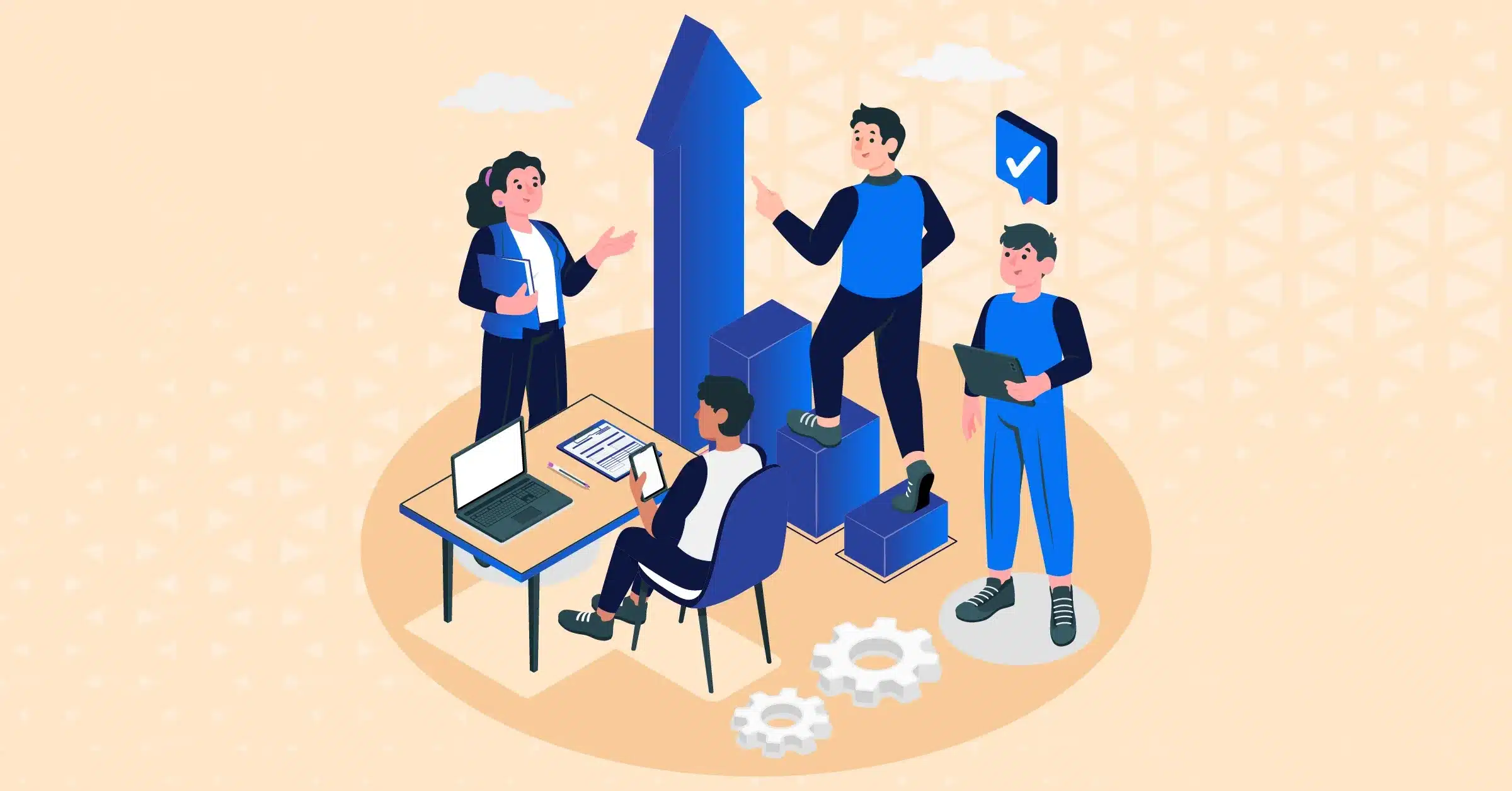Key Takeaways
- Personalized retention strategies guided by AI can significantly improve employee retention by addressing individual career aspirations and potential career paths.
- AI-driven internal talent marketplaces help match employees to career paths where they have transferable skills, promoting talent growth and supporting workforce planning.
- AI tools allow HR teams to focus on strategic tasks by handling repetitive work, thus enhancing business productivity and providing employees more time for meaningful work.
- Collaboration between employees and organizations in AI adoption can prevent burnout and disengagement, by ensuring AI is used beneficially for both parties.
- Reward systems focusing on time for upskilling, exploring opportunities, and personal development are effective in retaining resourceful employees.
In the evolving world of human resources, one key challenge remains perennial: employee retention. As businesses strive to keep their most talented personnel, traditional retention strategies are being augmented with the transformative power of Artificial Intelligence (AI). This blog post explores how AI is reshaping personalized retention strategies, enhancing productivity, and creating opportunities for employee growth, ultimately helping organizations to reduce turnover and improve workforce satisfaction.
The AI Advantage in Retention Strategies
AI provides an unprecedented ability to tailor retention strategies to the individual needs of employees. Unlike one-size-fits-all approaches, AI-driven strategies delve deeper into understanding each employee’s career aspirations and potential career paths. An AI-facilitated personalized retention strategy can consider various data inputs such as:
- Performance Appraisals: Regular performance reviews provide valuable insights into an employee’s strengths and interests.
- Learning and Certifications: Tracking completed courses and certifications can highlight areas of expertise and interest.
- Pulse Surveys: These frequent feedback tools can capture real-time sentiments and career goals of employees.
By leveraging AI to collect and analyze this data, organizations can create a nuanced understanding of their workforce, subsequently tailoring career development plans to align with individual aspirations.
The Rise of AI-Driven Internal Talent Marketplaces
One of the standout innovations in HR technology is the AI-driven internal talent marketplace. These platforms are designed to match employees with career paths that make the most of their skills and experiences, thereby promoting growth and increasing retention. Key benefits include:
- Talent Growth and Opportunity Discovery: Employees can explore and assess their readiness for new roles within the organization, encouraging skill development and career progression.
- Strategic Workforce Planning: These platforms provide HR teams with insights that support long-term workforce planning, aligning talent availability with business needs.
- Efficient Talent Utilization: By identifying transferable skills, organizations can fill critical skill gaps efficiently, helping align employees’ career trajectories with the company’s strategic goals.
Enhancing Productivity through AI
AI doesn’t just refine retention strategies; it also streamlines HR operations by managing repetitive and mundane tasks. This reallocation of time enables HR teams to focus on more strategic initiatives. Benefits of AI tools in boosting productivity include:
- Automating Routine Tasks: Scheduling, data entry, and initial candidate screenings can be managed by AI, freeing up HR professionals for high-value tasks.
- Data-Driven Decision-Making: By analyzing employee behavior and feedback, AI supports data-driven strategies that enhance overall business productivity.
- Promoting Meaningful Work: Employees gain time to engage in strategic, creative, and fulfilling work, leading to higher job satisfaction and retention.
Collaborative AI Adoption: Avoiding Burnout and Disengagement
The adoption of AI within organizations should not be a unilateral decision. A collaborative approach that involves both the management and employees is crucial for ensuring AI is beneficial rather than burdensome. This cooperative strategy helps in:
- Preventing Burnout: Ensuring AI is used to enhance employee workflows rather than overload them with more tasks.
- Boosting Engagement: Encouraging employees to provide input on AI implementations increases buy-in and engagement.
- Fostering a Supportive Culture: Honest communication and collaboration can create a more supportive environment for AI adoption, reducing resistance and fostering innovation.
Rewarding the Use of AI for Personal Development
To further encourage employees to engage with AI-enhanced tools, organizations can implement reward systems that focus on personal and career development. Effective strategies include:
- Upskilling and Training Opportunities: Providing paid time for employees to pursue further education or skills development.
- Exploration of New Business Opportunities: Encouraging innovation by giving time for passion projects or experimental initiatives.
- Time Off for Well-being: Rewards could also include personal time for rest, volunteering, or creative pursuits, which can recharge employees and drive loyalty.
By utilizing these strategies, businesses can create a thriving environment that not only retains top talent but also nurtures and develops it for the future.
The integration of AI into personalized retention strategies represents a significant shift in how organizations manage their most valuable asset—their people. By adopting AI-driven tools and fostering an environment that encourages personal growth, businesses can enhance retention, productivity, and overall employee satisfaction. As these technologies continue to evolve, their potential to improve workplace dynamics will likely become even more significant.




